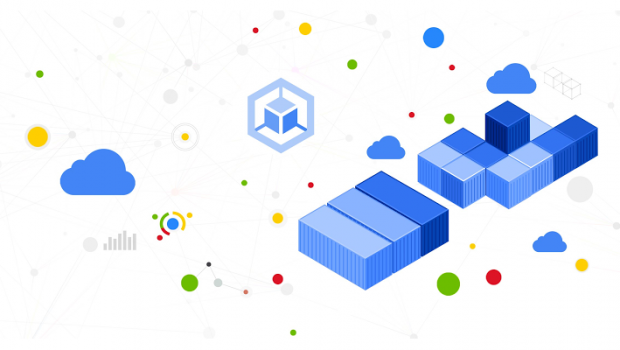Google Cloud expands its cybersecurity and automation capabilities
Google LLC’s cloud business on Thursday debuted new features that will enable companies to more easily secure and manage their cloud environments.
The first new feature, Workforce Identity Federation, is rolling out for the Google Cloud IAM service. Google Cloud IAM enables companies to centrally manage which employees can access what component of their cloud infrastructure and how. The new Workforce Identity Federation feature promises to reduce the amount of work involved in managing employee access.
In the enterprise, administrators commonly use a type of software known as an IdP platform to manage employee access to technology assets. An IdP platform stores data about which employee can use what technology asset and how.
In the past, organizations had to create a copy of the data stored by their IdP platform and add the copy to Google Cloud. Workforce Identity Federation removes the need to create and maintain two separate data copies. The result, according to Google, is that managing employee access to cloud applications will require less time and effort for customers.
“Workforce Identity Federation can enable your organization’s users to access Google Cloud through the same login experience they already use for their existing IdP for single sign-on,” Google Cloud product manager Sid Mishra detailed in a blog post.
The company debuted the feature alongside an update to an existing capability called GKE Autopilot. The capability is available as part of Google Cloud’s Google Kubernetes Engine service for running software containers. GKE Autopilot can automatically provision and manage the cloud infrastructure on which a company’s software containers run, thereby saving time for administrators.
GKE Autopilot can now provision cloud instances equipped with Nvidia Corp.’s T4 and A100 graphics processing units. The T4 is a multi-purpose GPU designed to run both artificial intelligence and video processing applications. The A100, in turn, is Nvidia’s most advanced AI chip: it promises to provide up to 20 times more performance than the chipmaker’s previous flagship data center GPU.
The newly added T4 and A100 support will enable customers to apply GKE Autopilot’s features to more cloud use cases. Companies can now use GKE Autopilot to automate the management of software container clusters that run complex workloads such as AI applications. According to Google, customers can customize the number of GPUs assigned to their containers with a few lines of code.
“No need to install drivers separately, or worry about non-GPU pods running on your valuable GPU nodes, because Autopilot takes care of GPU configuration and Pod placement automatically,” detailed GKE Autopilot product manager William Denniss.
As part of the GKE update, the company is also increasing the number of virtual central processing units that can be added to a Kubernetes pod. A Kubernetes pod is a section of a cloud environment that can contain either one or several containers. Pods may now be configured with up to 244 vCPUs, up from 54 before, as well as up to 851 gibibytes of memory.
Google Cloud debuted the GKE Autopilot updates and Workforce Identity Federation updates alongside two other platform enhancements.
Cloud Spanner, Google Cloud’s managed relational database, can now perform twice as many data operations at once on a company’s business information. Meanwhile, the Natural Language API service is receiving an upgraded content classification AI that customers can use to organize documents by topic. According to the company, the AI is capable of organizing documents in a more fine-grained manner than before and supports 10 additional languages.








Gloss